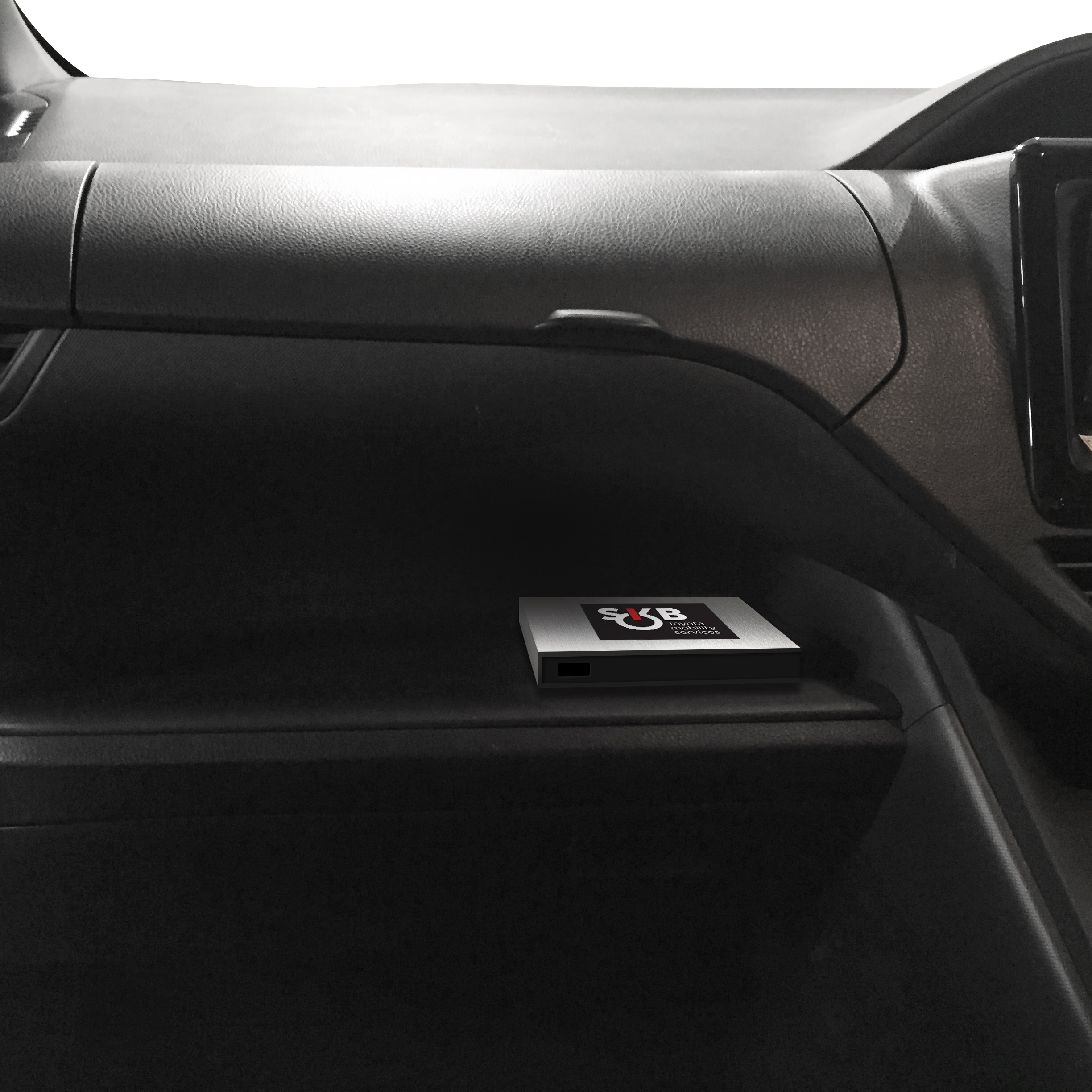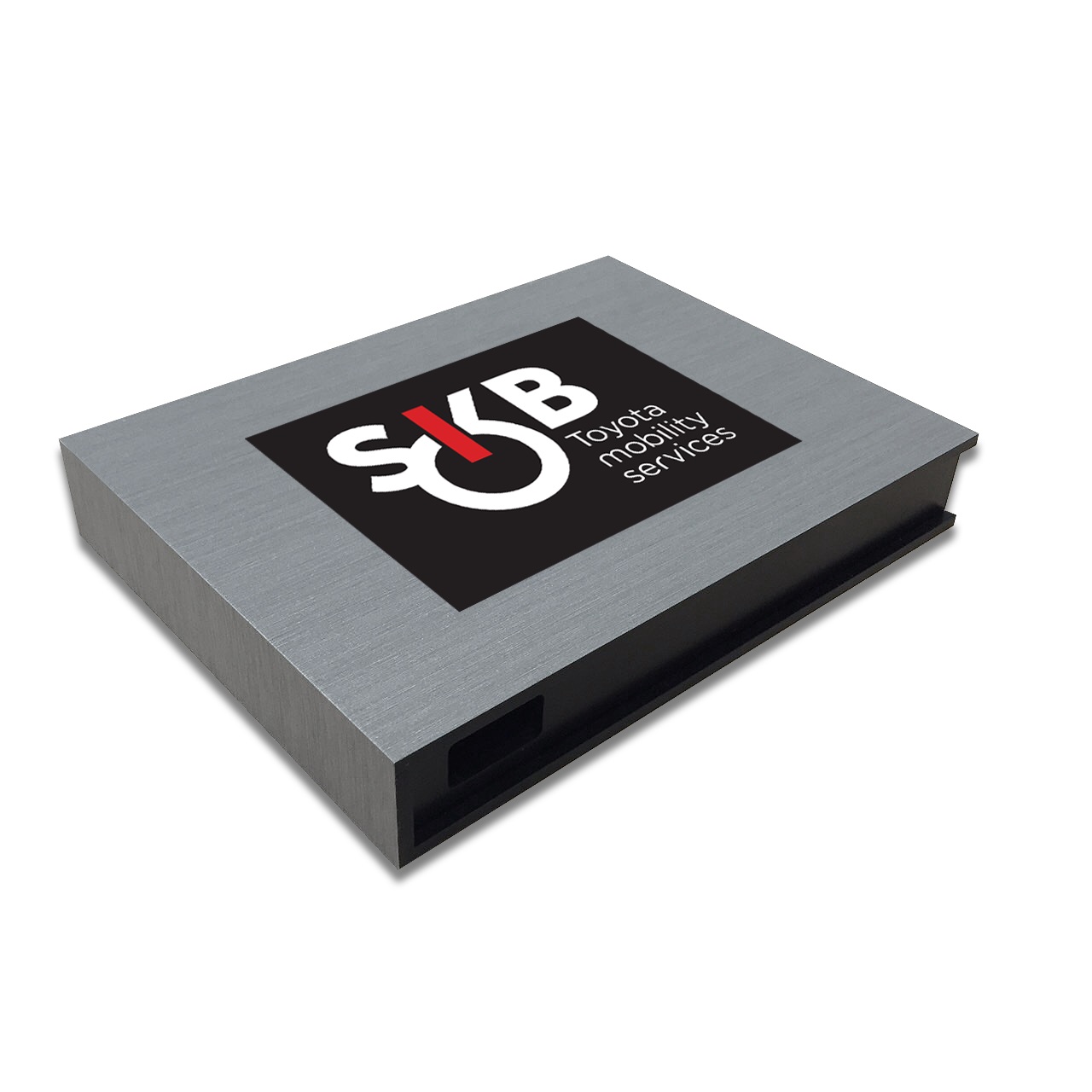Would You Share Your Car With a Stranger?
4:14 minutes

Companies like ZipCar and Car2Go have altered the car rental market, allowing people to rent vehicles for short periods of time without setting foot in a traditional rental agency. Now, car manufacturers including Tesla and Toyota, along with “peer-to-peer” rental companies, are trying to change the rental equation even more. Personal car-sharing networks could allow individual car owners to make money from times that their vehicles would otherwise be idle, say proponents, who also point to the possibility of the need for fewer cars on the road.

For his part, Tesla’s Elon Musk has said that personal car-sharing could be a big part of the Tesla experience, especially once fully autonomous cars are available. And this week, Toyota announced that it will test a device that allows you—or others—to unlock and start a vehicle with just a smartphone, thus marking its own venture into the personal car-sharing market. Andrew Hawkins, the transportation reporter for The Verge, describes the good and bad of participating in such a program.
Andrew Hawkins is a transportation reporter for The Verge, in New York, New York.
IRA FLATOW: Now it’s time to play good thing, bad thing.
[MUSIC PLAYING]
Because every story has a flip side. And if you own a car, chances are it’s just sitting there parked a good deal of the time. Maybe it’s sitting in your driveway. Maybe you parked at your workplace. So what about letting other people rent out your car, if you’re not using it?
This week, Toyota announced the trial of a gadget that would let you give people, other people, the ability to use a cell phone to unlock and start your car. Tesla’s Elon Musk has said that car sharing, especially of self-driving cars, is a big part of that company’s strategy.
Here to run through the good and the bad around personal car sharing services is Andrew Hawkins. He’s a transportation reporter at The Verge. And he’s here in our New York studios. Welcome, Andrew.
ANDREW HAWKINS: Hey.
IRA FLATOW: All right, the good thing about this.
ANDREW HAWKINS: Well, the good thing is that, like you mentioned, majority of the time our vehicles are just sitting there useless and not doing anything. They’re in a parking spot, they’re in a driveway, they’re in a garage, and they’re just wasting space. So the theory behind all of this is this would be a greater utilization of this vehicle by allowing other people to come in and take it for a trip when they need to go buy groceries, to run errands. The question is do you trust these people to use your vehicle?
So we’ve seen a lot of car companies getting into this business– Toyota, BMW, Ford, GM. They’re all sort of interested in this car sharing industry because they see this as a hedge against the idea that in the future, people will be less interested in owning their own car and more interested in taking Uber or Lyft, for instance, and ride sharing or in car sharing and sort of borrowing each other’s cars or maybe having one car for a whole building or one car for a couple families or a group of friends to all use together.
So it’s kind of a radical idea. But it’s been around for a while. Zipcar obviously is a business that’s been around for a long time.
IRA FLATOW: So the bad news then is who wants to lend their car to a stranger?
ANDREW HAWKINS: You do have to sort of be very trusting of strangers, indeed. There’s not a lot of peer-to-peer car sharing going on right now. But there are some small startups that are starting to get into it. This company called Getaround in San Francisco just received a heavy investment from a fund that’s controlled by Toyota. And that’s part of this car sharing investment that Toyota is trying to get involved in there.
They created, as part of this, this gadget called the Smart Key Box. And it’s this sort of flat gray box that goes on your dashboard or inside your glove compartment. And it works via Bluetooth. So it allows people who have the right code on their phone to come and unlock the car using the app on their phone, and then also start the car as well.
IRA FLATOW: But the insurance companies will have to get on board with this, I mean if you’re going to give your car to someone else.
ANDREW HAWKINS: Absolutely. You don’t want to be liable for somebody else’s mistake for a number of reasons. So yes, there will have to be a new set of financial products, new insurance products created around this whole idea. And there are a couple of insurance companies that are getting on board. But we haven’t yet seen it sort of widespread adoption.
IRA FLATOW: So Tesla and the other car companies are saying, we don’t want to sell cars to Uber. We want to become Uber.
ANDREW HAWKINS: There is a–
IRA FLATOW: Sharing cars.
ANDREW HAWKINS: Absolutely. There’s an aspect of competition to this. Elon Musk, a couple weeks back, announced a sort of a new phase in his manufacturing process where all his new cars will be self-driving cars. And as part of that, part of the fine print in purchasing one of these cars is well, you can use these cars for ride sharing or for car sharing but not for another business, not for Uber, not for Lyft. We want you to be able to do that within Tesla’s network. So it’s about proprietary technology and making sure that the money is being spent towards Tesla’s bottom line as opposed to somebody else’s.
IRA FLATOW: This is rapidly changing, isn’t it? We’ll keep you coming back, Andrew, OK?
ANDREW HAWKINS: Sounds good.
IRA FLATOW: Andrew Hawkins, transportation reporter at The Verge. We’re going to take a break. And after we come back, we’re going to jump into the world of jumping spiders. I didn’t know about this. This is really interesting stuff.
Stay with us. We’ll be right back after this break.
Copyright © 2016 Science Friday Initiative. All rights reserved. Science Friday transcripts are produced on a tight deadline by 3Play Media. Fidelity to the original aired/published audio or video file might vary, and text might be updated or amended in the future. For the authoritative record of ScienceFriday’s programming, please visit the original aired/published recording. For terms of use and more information, visit our policies pages at http://www.sciencefriday.com/about/policies/
As Science Friday’s director and senior producer, Charles Bergquist channels the chaos of a live production studio into something sounding like a radio program. Favorite topics include planetary sciences, chemistry, materials, and shiny things with blinking lights.